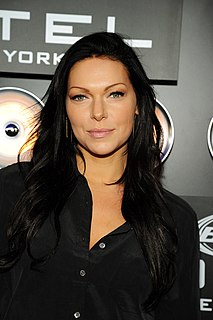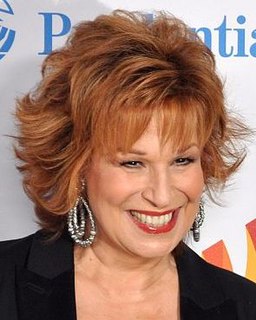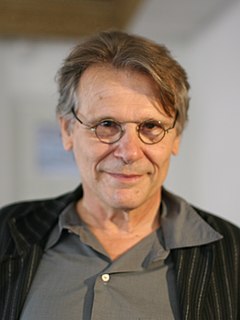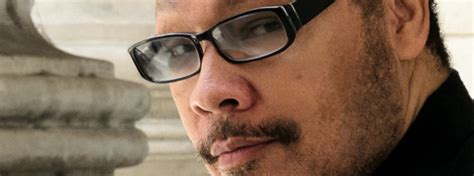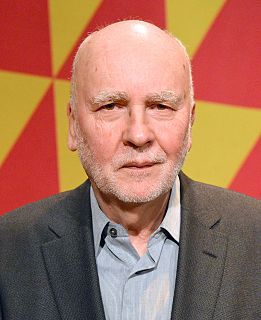A Quote by Laura Prepon
To make a long story short, I auditioned for the role of Piper because I read the pilots every year and this show was head-and-shoulders above any pilot I've read in awhile. It was amazing. So, I read for Piper and I knew that I wasn't really right for it, but I loved it so much that I wanted to read for it.
Related Quotes
I had to audition for Fandango. When I read the script, the role that was interesting - so everyone thought - was the role that Costner played. He was the cool guy. And I read the script, and my representation at the time said, "That's the role you should read for." And I was like, "Really? How about I read for this other role." And they went, "Well, you're not going to get that role."
My first advice would be to read, read, read, which sounds interesting coming in a digital age, but it's so much easier to listen to a poem than it is to sit down and actually read it and to hear it in your head and that is something that every poet or aspiring poet needs to be able to do, I think to hear it in their head.
I also really loved the friendship between these two women, and watching these two very different women working in this gritty male environment. That was really the reason that I wanted to be a part of it. And, I went in and met with the producer and the director that did the pilot, Mike Robin, and read with them. And then, I did a read with Angie Harmon, who was already cast. From the moment we read together, it just clicked. It was as easy as that.
Reader's Bill of Rights 1. The right to not read 2. The right to skip pages 3. The right to not finish 4. The right to reread 5. The right to read anything 6. The right to escapism 7. The right to read anywhere 8. The right to browse 9. The right to read out loud 10. The right to not defend your tastes
Read for yourselves, read for the sake of your inspiration, for the sweet turmoil in your lovely head. But also read against yourselves, read for questioning and impotence, for despair and erudition... and also read those whose darkness or malice or madness or greatness you can't understand because only in this way will you grow, outlive yourself, and become what you are.
